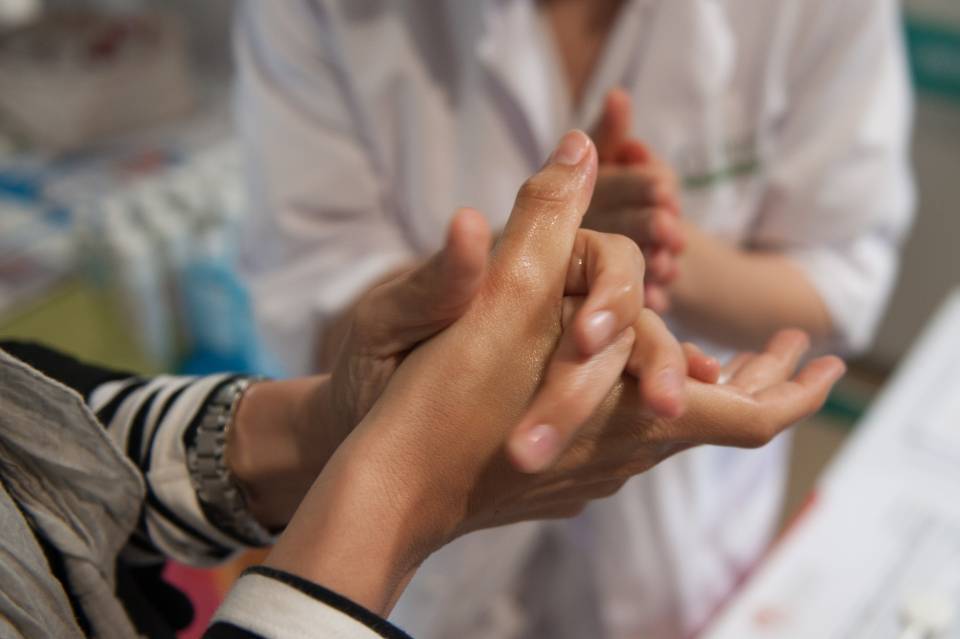People with autoimmune disorders have been described as the population at the most risk of catching diseases. This is due to the way the different autoimmune disorders affect their immune system, and more importantly, to the immunosuppressant drugs used to treat most of these diseases. To know if these patients are really at greater risk of catching COVID-19 or becoming seriously ill, we must analyse data from the studies published to date.
In terms of the risk of infection, what has been observed so far indicates that a very low percentage of COVID-19 patients have an autoimmune disease (around 1%). It’s too soon to draw definitive conclusions from these data, but everything seems to indicate that the risk of catching COVID-19 depends more on whether people are social distancing, using masks properly and washing surfaces and hands, rather than having an autoimmune disorder.
Treatment with immunosuppressants has also been associated with an increased risk of infection, as it makes it more difficult for the cells in the immune system to eliminate the virus. So one might think that in the present situation, it would be best to give up the immunosuppressant treatment. But in fact, studies show the opposite: the risk of relapse of the autoimmune disease would be worse than the risk of infection. Therefore, one of the clearest recommendations is that patients should not stop taking their regular medication.
Another aspect which is still being investigated in people with autoimmune disorders is the risk of presenting a serious form of the COVID-19 infection. The coronavirus can lead to pneumonia and trigger massive inflammation. This happens in approximately 20% of infected patients. This reaction can lead to the failure of different organs and hospitalisation in an Intensive Care Unit, and in some cases, can be fatal. Some articles indicate that the prognosis for patients with autoimmune diseases is similar to that of people of the same age and sex in the general population. But other sources of information, such as the Global Rheumatology Alliance COVID-19 registry, indicate the opposite. This registry includes information from over 800 patients from all over the world with autoimmune diseases and COVID-19. Their data indicate that mortality in these patients is around 9%, higher than that of the general population. However, more detailed analysis is needed to know what part other factors, such as age, obesity, or cardiovascular diseases, play in these statistics.
Another notable aspect relating to both autoimmune diseases and to COVID-19 is that some of the drugs used to treat the virus are also used to treat certain autoimmune disorders, such as hydroxychloroquine, corticosteroids, or tocilizumab. In the case of hydroxychloroquine, which is prescribed to many patients with systemic lupus erythematosus, some laboratory studies seem to show antiviral activity preventing SARS-CoV-2 entering the cells. Unfortunately, there is conflicting evidence on its effectiveness for infected patients. Studies are also being conducted to demonstrate whether this drug is effective in preventing infection in healthcare workers. So we might think that patients with autoimmune diseases being treated with hydroxychloroquine, corticosteroids or tocilizumab would be protected against developing the most serious forms of the infection. But so far there is not enough evidence to prove or disprove this hypothesis.
So at present, the best recommendations for people with an autoimmune disorder are to follow the general rules on physical distancing, using masks and washing their hands often. Plus, they must not stop taking their regular immunosuppressant medication, and if they suspect they have a coronavirus infection, they must contact their doctor, who will give them the appropriate instructions for their individual case.
Authors: Dr Gerard Espinosa, internist, and Dr Ricard Cervera, head of the Autoimmune Diseases Service of Hospital Clínic, Barcelona




